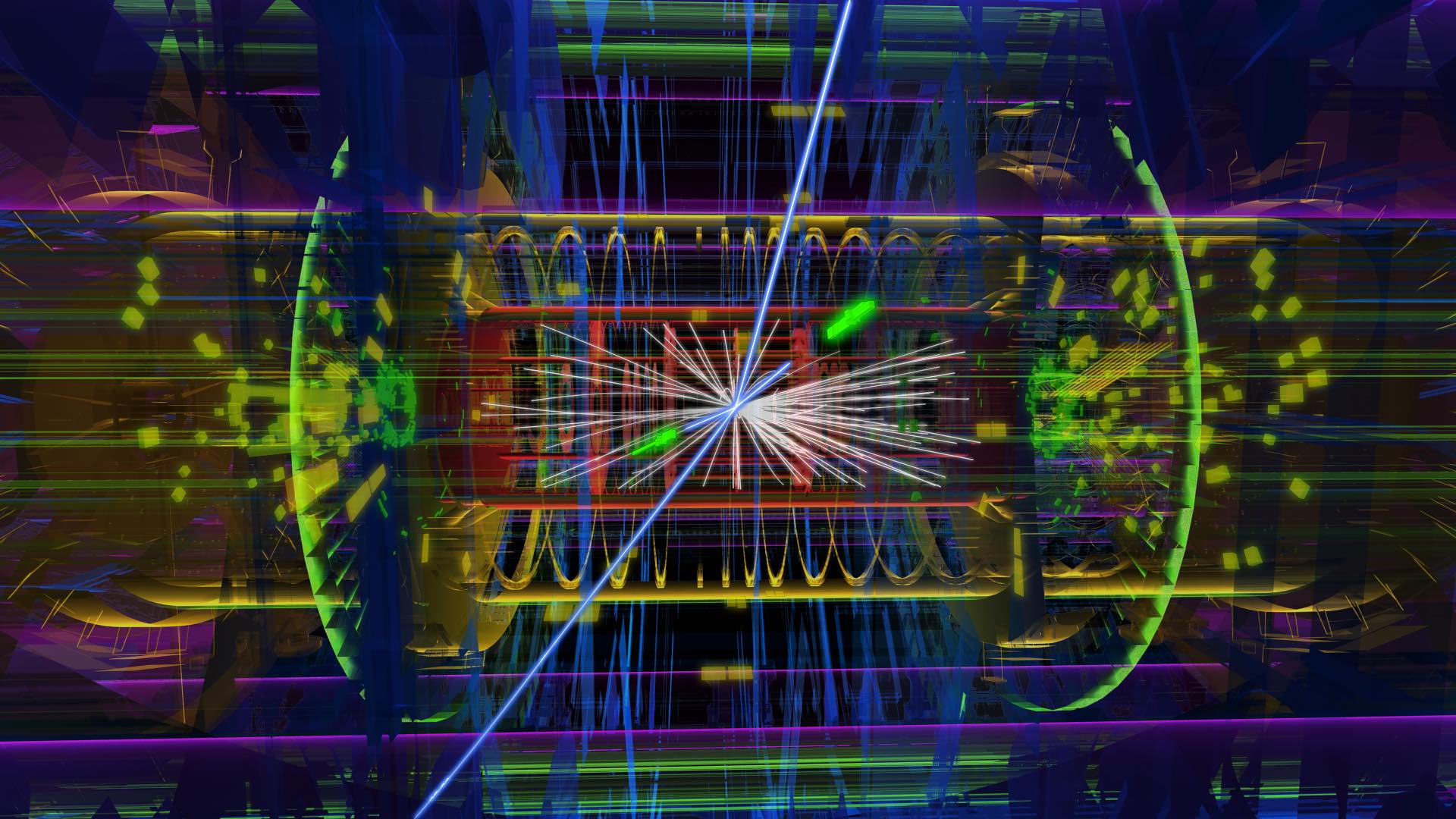Researchers at SDU can now apply for so called “large projects” for HPC resources available from 1st of January to 30th of June 2025.
The deadline for applications is 3rd of October 2024 at 23:59.
Large projects are projects that require more than 50.000 CPU-hours, 1000 GPU-hours and/or 50TB of data. Remember that a requirement for submitting an application for a large project at SDU is that the same application has been submitted to the national DeiC call. In order to ensure local resources for researchers, who did not receive a national grant, applications to SDU will be withdrawn in case the equivalent application receives a DeiC national grant.
You can find out how to apply for the national DeiC grant via the DeiC website (NB: application deadline for the current call is 3rd of September 2024 at 12:00)
NB For the local SDU call, you are welcome to apply for less than 50.000 CPU-hours, 1000 GPU-hours and/or 50TB of data – in fact you can submit this type of application (a so called regular project) at any time. Find out more about how to apply for a regular project here.
NB There is currently local SDU resources available for the fall period of 2024. Find out more here.
Available resources
For the current, local SDU call, SDU researchers can apply for resources on the following national HPC systems:
Type1 – DeiC Interactive HPC
The type 1 system is mainly focused on interactive computing and easy access for users. The system is made of the YouGene cluster hosted at SDU (see cluster specs here) and the OpenStack cluster at AAU. SDU researchers can access the cluster resources via their UCloud account.
Resources available to SDU for the first half of 2025: 1,000,000 CPU core hours and 100,000 GPU core hours.
Type 2 – DeiC Throughput HPC
This type of HPC system typically has a large number of cores which can be a mix between cost-effective and calculation-efficient units. Type 2 also has the ability to handle large amounts of data and its main focus is on high-throughput performance.
There are three type 2 HPC systems available at national level for SDU researchers:
The hardware accessible to SDU users for a type 2 HPC project is shown in the table below.
| Compurerome 2.0 | GenomeDK | Sophia |
| Xeon Gold 6230 Cascade Lake, 40 cores, 192 GB | AMD EPYC Rome 7452, 64 cores, 512 GB | AMD EPYC 7351, 32 cores, 128 GB |
Resources available to SDU for the first half of 2025: 1,200,000 CPU core hours.
Type 3 – DeiC Large Memory HPC
This type of HPC system focuses on problem solving, with a structure that cannot be easily or efficiently distributed between many computer nodes. This is a type of system that is characterized by typically relatively few cores with access to a large globally addressable memory area.
Type 3 is hosted and maintained at SDU. For the cluster specs check here. The user guide can be found at this link.
Resources available to SDU for the first half of 2025: 1,700,000 core hours.
LUMI Capability HPC
LUMI is an abbreviation for “Large Unified Modern Infrastructure”. LUMI is one of the three European pre-exascale supercomputers part of the EuroHPC project and located in CSC’s data center in Kajaani, Finland.
Denmark participates in the consortium behind the LUMI supercomputer. Part of the LUMI machine therefore belongs exclusively to Denmark and is, in this sense, considered a national HPC resource.
For more information on LUMI, check the official documentation here.
CPU resources available to SDU for the first half of 2025: 1,050,000 CPU core hours.
GPU resources available to SDU for the first half of 2025: 69,000 GPU hours.
How to apply
For large projects, SDU researchers must send both:
- A filled out application form for a large project, where they specify the amount of resources asked for. Note that the amount of resources asked for will be different from the national call. Only one form is needed even if the applicant is asking for compute time on more than one system.
- The applications (one or more) they used for the DeiC national call. A copy of an application to DeiC can be sent from e-grant to your email (see the e-grant guide available on the DeiC website). Note that for every machine type selected in the application to SDU, there should be a corresponding DeiC application for the same machine type.
Applications for large projects must be submitted via the eScience Center’s service desk.
If you need help with/advice on how to write your application, please contact the representative from your faculty in the SDU eScience Center Operational Board:
- Assistant Prof. Zhiru Sun, zhiru@sdu.dk (HUM)
- Prof. Hans Jørgen Aagaard Jensen hjj@sdu.dk (NAT)
- Prof. Christian Møller Dahl cmd@sam.sdu.dk (SAMF)
- Associate Prof. Martin Jakob Larsen martin.larsen@rsyd.dk (SUND)
- Assistant Professor Parisa Niloofar parni@mmmi.sdu.dk (TEK)


